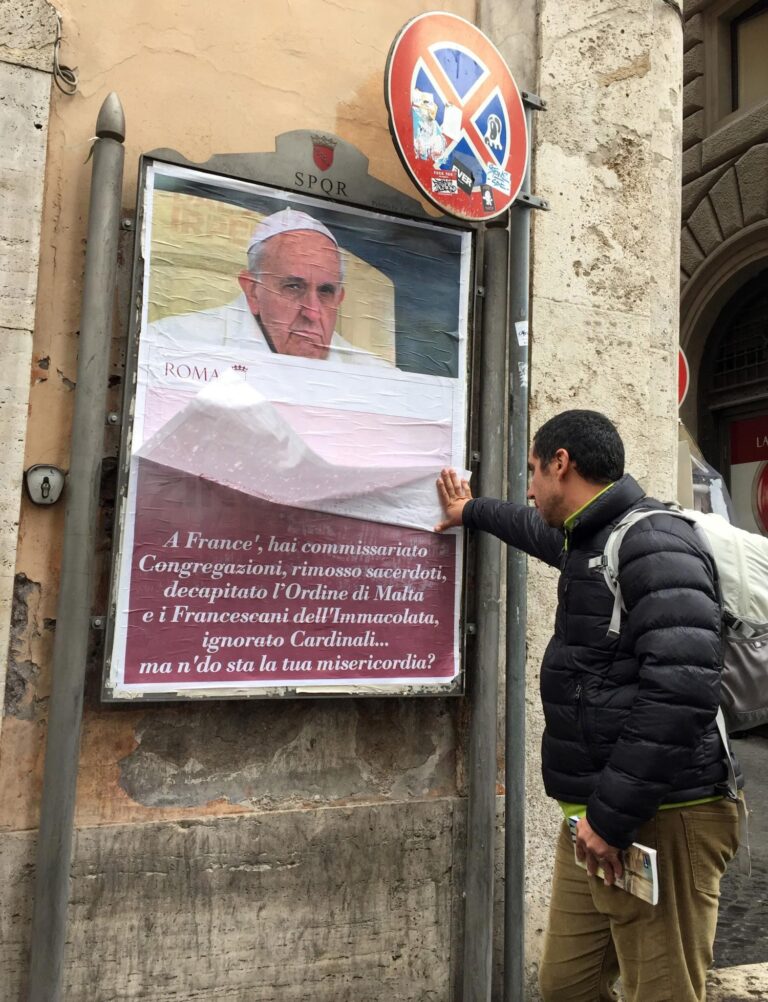Anthony Albanese: Cultural Catholicism in Modern Australia
in a country characterized by its rich tapestry of beliefs and values, Prime Minister Anthony Albanese’s interpretation of cultural Catholicism serves as a thoughtful reflection of both Australia’s ancient roots and its current identity. By integrating aspects of his faith into his public persona, Albanese evokes memories of a more cohesive Australia while simultaneously adapting these traditions to resonate with today’s diverse society. This article delves into how Albanese’s unique viewpoint on cultural Catholicism captures the intricacies of an evolving nation, linking the past with the present and sparking conversations about faith, community, and national identity in the 21st century. Through this lens, we analyze how his convictions shape his political agenda and what this means for a nation balancing tradition with modernity.
Cultural Catholicism: A Bridge between Past and Present
Prime Minister Anthony Albanese embodies a form of cultural Catholicism that resonates profoundly within contemporary Australian society while also harkening back to earlier times. His approach highlights notable traditions that have influenced Australian identity but interprets them through the lens of modern values and progressive ideals. This connection is evident in his speeches and personal stories where he frequently underscores themes such as community engagement, social justice, and inclusivity—principles deeply rooted in both his faith and vision for Australia.
Albanese’s interpretation of Catholicism is not simply an echo from history; it thrives amid today’s societal complexities. It emphasizes unity over division, appealing to an electorate eager for cohesion in an ever-changing world. Core principles from his faith manifest through commitments to social equity, environmental obligation, and human rights—issues that especially resonate with younger Australians. His policies reflect these tenets through various initiatives:
- Community Engagement: Fostering connections via grassroots programs.
- Inclusivity advocacy: Supporting a multicultural society that embraces all backgrounds.
- Moral Leadership: promoting ethical governance aligned with religious values adapted for contemporary challenges.
The Impact of Historical values on Modern Australian Identity
The way Anthony Albanese expresses cultural catholicism reveals a complex relationship between Australia’s historical values and how its citizens identify today. This fusion showcases how past traditions continue to influence various aspects of Australian life—including politics, social issues, and community dynamics. The remnants of a more devoutly religious Australia still resonate today as they inform ongoing discussions about morality ethics within communities seeking stability amidst rapid change.
This revival aligns with broader trends across Australia where traditional beliefs are reconciled with progressive ideals.Several key themes emerge from Albanese’s platform reflecting this duality:
- Civic Inclusion: Emphasizing collective well-being based on shared principles among citizens.
- Pursuit of Social justice: Advocating for marginalized populations while drawing upon moral teachings rooted in Christian heritage.
- Sustainability Commitment: Highlighting environmental stewardship as both spiritual duty and ethical obligation regarding current global challenges.
Fostering Progressive Dialogue: Recommendations for Faith-Based Conversations
The polarized nature surrounding discussions about faith necessitates embracing dialogue that respects both tradition alongside modern perspectives. Albanese’s take on cultural Catholicism provides an innovative framework for engaging these conversations by prioritizing inclusivity along with empathy towards differing viewpoints. To cultivate meaningful discourse reflective of contemporary values among stakeholders consider implementing these strategies:
- Create Common Ground: Identifying shared beliefs can help bridge divides between varying perspectives within religious communities and also broader society.
- Pursue open Forums: Establishing safe spaces encourages individuals to share their views while promoting mutual respect among participants.
- Aim for Actionable Change: Engaging actively in community projects inspired by faith-driven responses can demonstrate relevance amidst modern societal issues.
As leaders like Albanese navigate their identities within culturally rich societies , recognizing nuanced dynamics becomes essential .by adopting frameworks honoring tradition yet responsive toward contemporary matters , individuals across all walks can contribute positively toward progressive narratives. A systematic evaluation could serve well here :
| Approach | Benefits |
|---|---|
| Inclusive Dialogue | Encourages understanding between diverse belief systems . |
| Community Involvement | Promotes actionable initiatives addressing pressing social concerns. |
Conclusion: Navigating Tradition Amidst Change
The journey undertaken by Prime Minister Anthony Albanese at the intersection where personal belief meets public service illustrates not only reverence towards Australia’s historical foundations but also reflects ongoing shifts occurring throughout society today . This duality encapsulates challenges faced by nations grappling continuously over their identities during periods marked significantly by conversion ; wherein age-old customs undergo reevaluation whilst new ideologies gain traction rapidly . Ultimately , Albane s e ’s approach invites deeper exploration regarding religion’s role influencing governance practices moving forward — showcasing pathways whereby individual convictions inspire inclusive policy-making aimed at fostering unity amongst diversity across all facets comprising Australian life .




